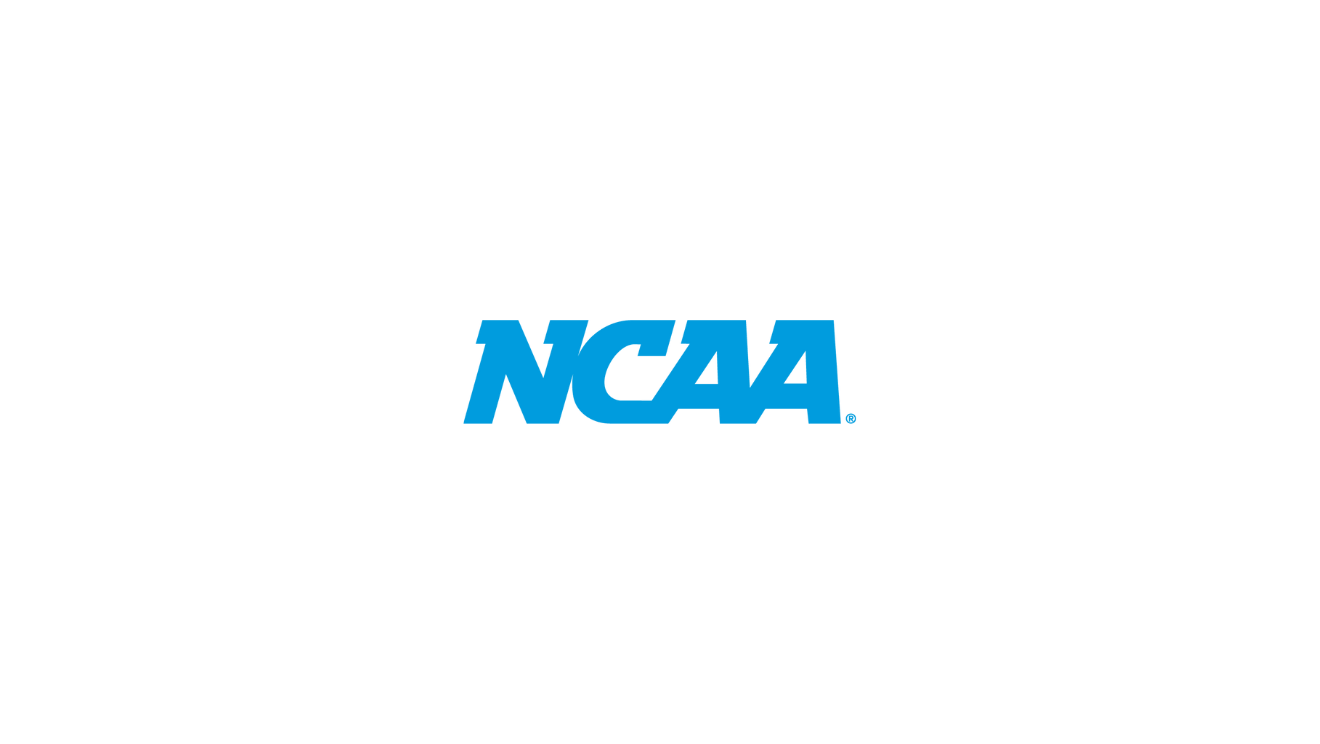Changes have financial implications for athletic budgets
INDIANAPOLIS, INDIANA (April 30, 2020) – The NCAA Playing Rules Oversight Panel approved delaying rules changes in five sports for a year to mitigate the financial impact on athletics budgets in the wake of the COVID-19 pandemic.
The sports where the implementation will be delayed are baseball, men’s basketball, men’s lacrosse, softball and swimming and diving.
- In baseball, Divisions II and III were scheduled to begin regular-season bat barrel compression testing in the spring of 2021. Instead, Division II and III baseball programs must be compliant with the rule by the spring of 2022. The rule was in effect for Division I baseball programs this spring.
- Softball was scheduled to require bat barrel compression testing for Division I competition in the spring of 2021. This rule is now delayed until the spring of 2022. Division II and III softball teams are still required to do regular-season bat testing by the spring of 2022, which is the original time frame.
- In men’s lacrosse, teams in all three divisions were going to be required to have two visible shot clocks with the ability to reset them to different times by the 2021 season. That requirement will be delayed until 2022.
- Division II and III men’s basketball programs were scheduled to move their three-point lines to the international distance of 22 feet, 1¾ inches for the 2020-21 season. Instead, the rule change will be delayed until 2021-22 for Division II and III men’s basketball competition. The rule was in effect for Division I men’s basketball this past season.
- In swimming and diving, Division II and III programs were to be required to have two officials for dual, double-dual, triangular and quadrangular meets in the regular season for the 2020-21 academic year. The two divisions also were going to be required to have four officials for invitational and championship meets in 2020-21. This rule will go into effect in 2021-22. The rule was in effect for Division I this past season.
The panel’s decision to delay the implementation of these rules was based on feedback from each of the corresponding playing rules committees, as well as the Division I Competition Oversight Committee, the Division II Management Council and the Division III Management Council.





 Back
to News
Back
to News